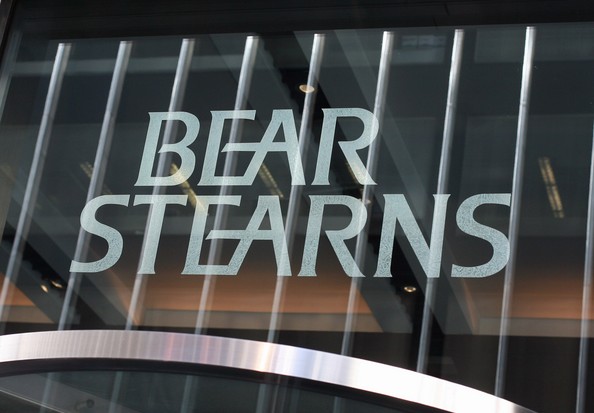 Over the weekend, we learned that the Fed had bailed out New York-based investment bank Bear Stearns during this unsettled time in the financial markets.
Over the weekend, we learned that the Fed had bailed out New York-based investment bank Bear Stearns during this unsettled time in the financial markets.
Almost seven years ago, a much larger company that shared many characteristics with Bear Stearns — Houston-based Enron — did not even generate serious consideration for a Fed bailout before it went under in the turbulent post-9/11 financial markets.
In between those two events, one of the world’s wealthiest insurers and another company that is similar in many respects to Bear Stearns and Enron — American Insurance Group — barely escaped a similar fate by cutting a deal with the now-disgraced former Governor and Attorney General of New York to cut loose the executive primarily responsible for creating AIG’s vast wealth.
The fact of the matter is that Enron was — and Bear Stearns and AIG are — trust-based businesses that fundamentally depend on the trust of the markets to sustain their value.
Once that trust is lost, such companies lose value quickly and dramatically, a case in point being that JP Morgan Chase’s proposed $236 million purchase price for Bear Stearns comes just hours after Bear’s market cap was $3.5 billion this past Friday and $20 billion as of January, 2007.
Although unfortunate for the owners of such companies, such a dramatic loss of wealth does not necessarily mean that any criminal conduct caused or was even involved in the loss. Rather, such loss is simply one of the risks of investing in a company based on a trust-based business model.
The sooner we all recognize and understand this risk — and avoid the mainstream media’s promotion of myths about them — the quicker we can put a stop to injustices such as this while advancing the discussion of how best to hedge the risk of such potential losses.

nice information, thanks so much for sharing
nice information, thanks so much for sharing
Love information, that is nice building. I like it.
Article Directory
Wow, that is a nice building. Thanks for sharing.
I dont think we should be bailing out these companies. The risk for losing our investment is HUGE!
like it. Cool to have a look as this corner.
losing money is another idea bout this building, it look great and potential. Thank for your info.